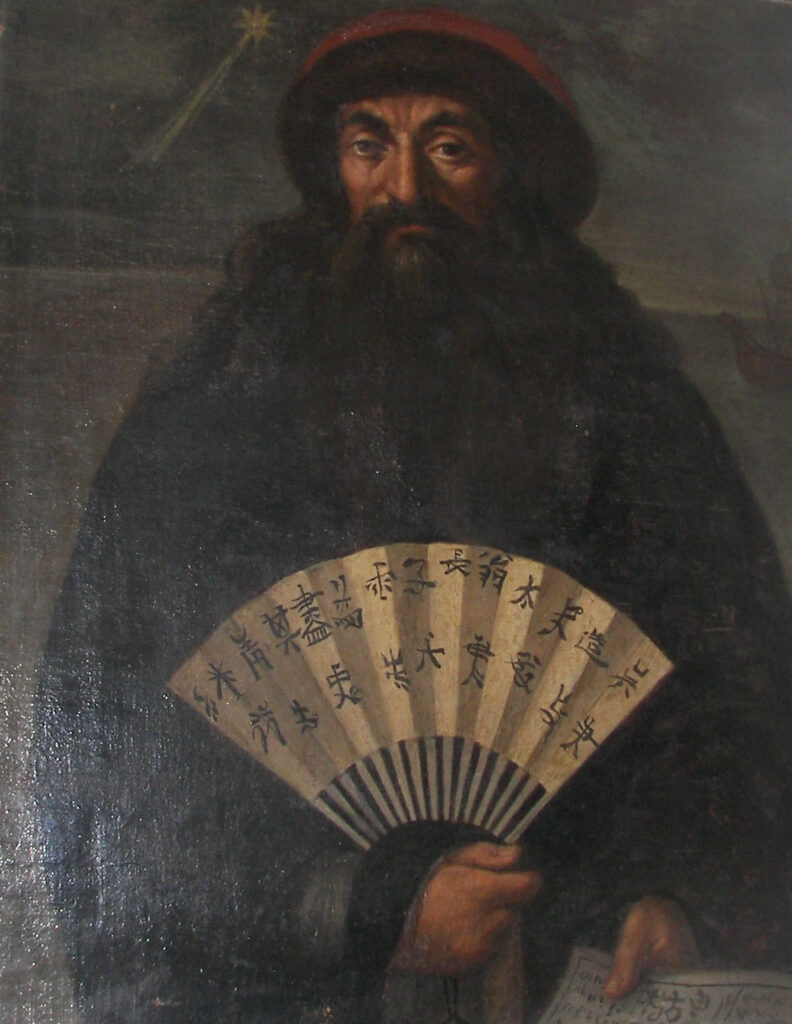
Aims and Background
The rising influence of China and Chinese culture over the last three decades has provided a stimulus to scholars to look to the beginnings of Sino-Western exchange in the early modern period. The primary protagonists of Europe’s first intellectual encounters with Ming and early Qing China were Jesuit missionaries, who above all sought to convert China to Catholicism by accommodating the cultural and intellectual traditions of Confucianism to Christianity. Their accommodation rested upon a secularised interpretation of Confucianism as a political and ethical philosophy that was devoid of superstition.
Yet in their attempt to transform China, Europe itself was transformed: the Jesuits’ idealisation of the Chinese state as the perfect realisation of Confucian virtue influenced the development of Enlightenment political theory and made a significant contribution to the emergence of Enlightenment values such as secularism and religious tolerance. Enlightenment philosophers such as Voltaire seized upon the secularity of Confucianism as evidence of the superfluity of religion in statecraft.
Europe first came into contact with Confucian classical texts through Jesuit translations. The Jesuits initially translated these texts to provide language primers for their missionary activities in China, but their translations served as the main vehicle for Enlightenment thinkers to form their own image of China.
Funding
This project is funded for the years 2021-2024 by the Australian Research Council with a Discovery Project Grant (DP210100458).
The Team
Chief Investigators
- Francesco Borghesi (Lead CI), University of Sydney
- Daniel Canaris, University of Sydney
- Yixu Lu, University of Sydney
Partner Investigator
- Thierry Meynard, Sun Yat-sen University
Research Assistants
- Emma Kate Barlow, University of Sydney
- Valentina Bottanelli, Università di Modena e Reggio Emilia, Italy
- Tang Yulin, Sun Yat-sen University

